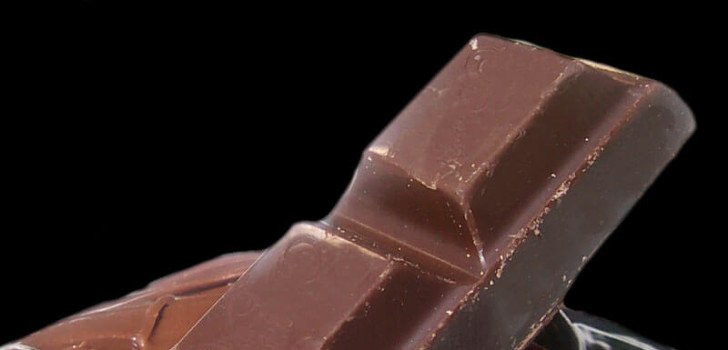Be careful about what you read on the internet – even supposed studies in supposedly peer reviewed journals can be manipulated, according to, well, new research.
Case in point in the viral diet that claims chocolate helps you lose weight. There’s just one problem: Despite the cited study being in scientific journals, it’s based on terrible science. On purpose.
The craze hit the internet with a press release on March 29th stating “Can you indulge your sweet tooth and lose weight at the same time? If it’s chocolate you crave, then the answer seems to be: yes.” claimed lead author ‘Johannes Bohannon’, with the title of research director of the nonprofit Institute of Diet and Health. “Just lowering the proportion of carbohydrates is not a reliable weight loss intervention because it has different physiological effects depending on the bioactive compounds in your diet.”
While losing weight due to increased chocolate consumption seemed too good to be true, it was, after all based on science.
But despite seemingly rigorous scientific protocol the whole exercise was a sham, designed to raise awareness about for-profit scientific journals accepting and publishing junk science.
The reality is that Johannes Bohannon was actually John Bohannon, a journalist, while the study was commissioned by German TV producers making a show about the junk-science used in the diet industry. The Institute of Diet and Health was a website but nothing more.
Yet the study, which had only 15 participants, 18 different measurements, and examined weight, cholesterol, sodium, blood protein levels “was, in fact, a fairly typical study for the field of diet research,” said Bohannon “Which is to say: It was terrible science. The results are meaningless.”
“Other than those fibs, the study was 100% authentic,” he writes of his exposé.
The junk science and with an appealing conclusion got headlines in the Daily Mail, Huffington Post, Business Insider, Daily Express and was even on the front page of the German tabloid Bild, known for its reliable reporting.
The outcome of the stunt highlights two key issues.
The first is that many industries use junk science to sell products or advance agendas. From weed killer to tobacco to diet to exercise, new marketing methods often include junk science to back up sales pitches or pushes for regulatory changes. We must be critical, then, of claims which seem too good to be true or which clearly advance a specific agenda.
The second, and more troublesome, is the move towards pay-to-play scientific journals. Such journals are well funded and attracting record readership yet they simply do not properly vet the research that appears in them.
Traditional scientific journals specifically do not charge money for submissions and subject them to a barrage of scrutiny from researchers in particular fields. Such journals truly advance science and control the quality of scientific work that makes it to press. Paid journals do not, which highlights a stunning flaw in our academic system.
Stay Connected